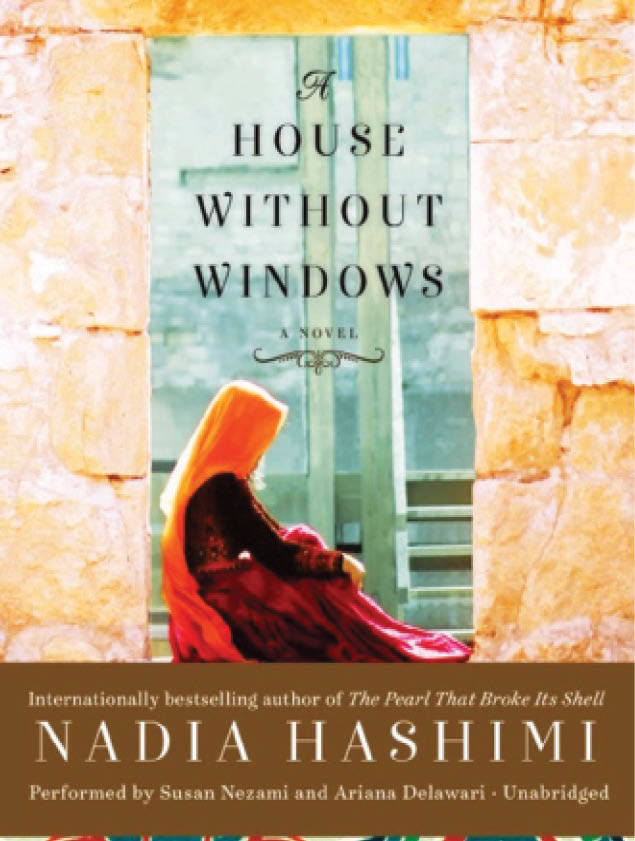REVIEW: A House Without Windows
The book, based in Kabul, Afghanistan, focuses on the treatment of women, especially in terms of sexuality. This theme cements the factuality of the book as talks on sexual revolution in the Middle East have been springing up over the years TITLE: A House Without Windows AUTHOR: Nadia Hashimi PUBLISHER: Harpercollins PAGES: 432 Growing up […]


The book, based in Kabul, Afghanistan, focuses on the treatment of women, especially in terms of sexuality. This theme cements the factuality of the book as talks on sexual revolution in the Middle East have been springing up over the years
TITLE: A House Without Windows
AUTHOR: Nadia Hashimi
PUBLISHER: Harpercollins
PAGES: 432
Growing up in a country which, despite its crippling economy, is still a relatively easy place for a woman to inhabit; It was a bit difficult, at first, to understand the feelings of the women in this book.
A House Without Windows is the story of a respectable and reserved Afghani woman, Zeba, and her journey from a world of comfort and certainty that she was accustomed to, to an incriminating one, whose system she found strange yet comforting and Yusuf, an Afghan-born American-raised lawyer whose passion for the growth of the justice system in his homeland and human rights of his fellow countrymen ultimately binds him to Zeba. As Zeba tries to reevaluate her relationship with her mother; the thoughts of her children, her husband and the events that altered their lives forever invades her solitude. Yusuf struggles to come to terms with the reality that is his homeland.
The book, based in Kabul, Afghanistan, focuses on the treatment of women, especially in terms of sexuality. This theme cements the factuality of the book as talks on sexual revolution in the Middle East have been springing up over the years.
A few pages into the book, I had expected Zeba to be my favourite character due to the fact that she was an impulsive poet – but as fate would have it, Gulnaz stole my heart. Her poise, personality, crafts and effect on people fits my perfect definition of an independent woman (her enchanting green eyes is a plus though). I almost expected to see her materialize every time I proceeded to drop the book but realistically, they don’t make women like this anymore.
Nadia incorporated intrigue in a way I’ve never come across; I mean, several chapters in and I couldn’t decipher what the end would be like. She was also able to tell the story from the point of view of different characters. While I admire her ability to do this, I still think it was unnecessary as she could have stuck to 2 or 3 characters. I especially loved the part where all the different pieces of the story fell into place and an ‘oookkkaaayyy’ escaped my lips.
However, I wouldn’t give the book 5 stars because I totally disliked that it emitted so much ennui that I was instantly melancholic, though it made up for this towards the end. I also found some characters and narrations unnecessary. Apart from the fact that it slowed down my progress, my brain was subjected to a sudden shock at the introduction of new unnecessary characters. I had to figure out how essential the new character’s role was to the story.
Ultimately, I consider this a good read and Nadia Hashimi, an amazing writer. If you enjoyed reading Khaled Housseni and like characters with emotional depth, I’ll strongly recommend this book but if you’re looking to read a book that will elevate your spirit, I’d suggest you go the other way.
